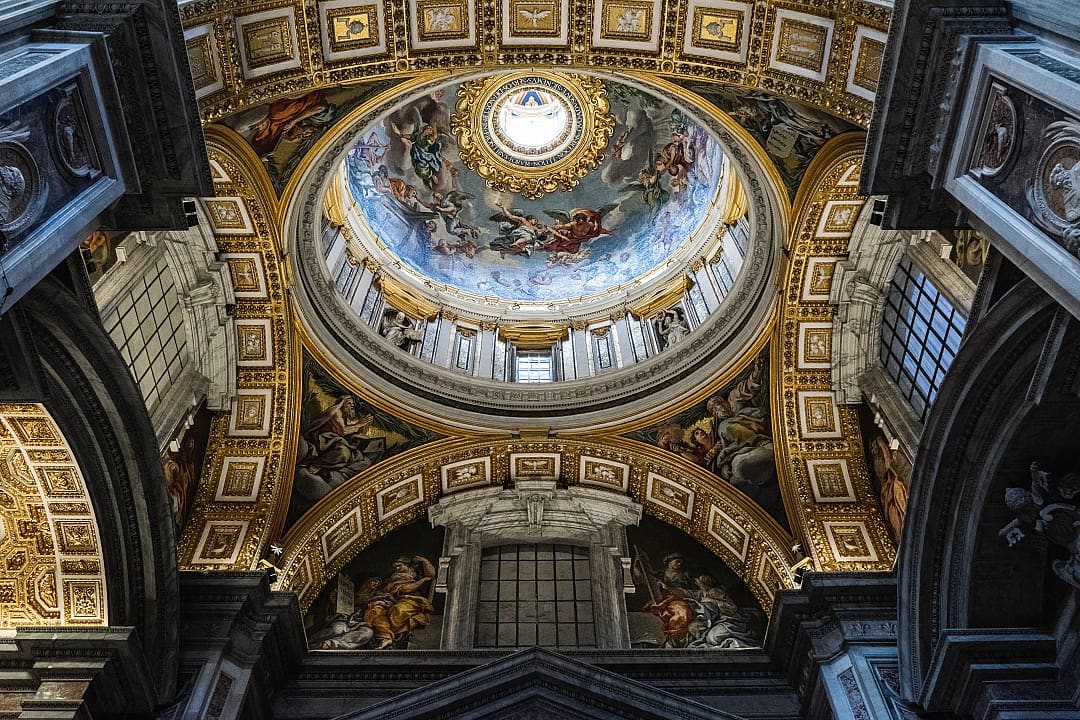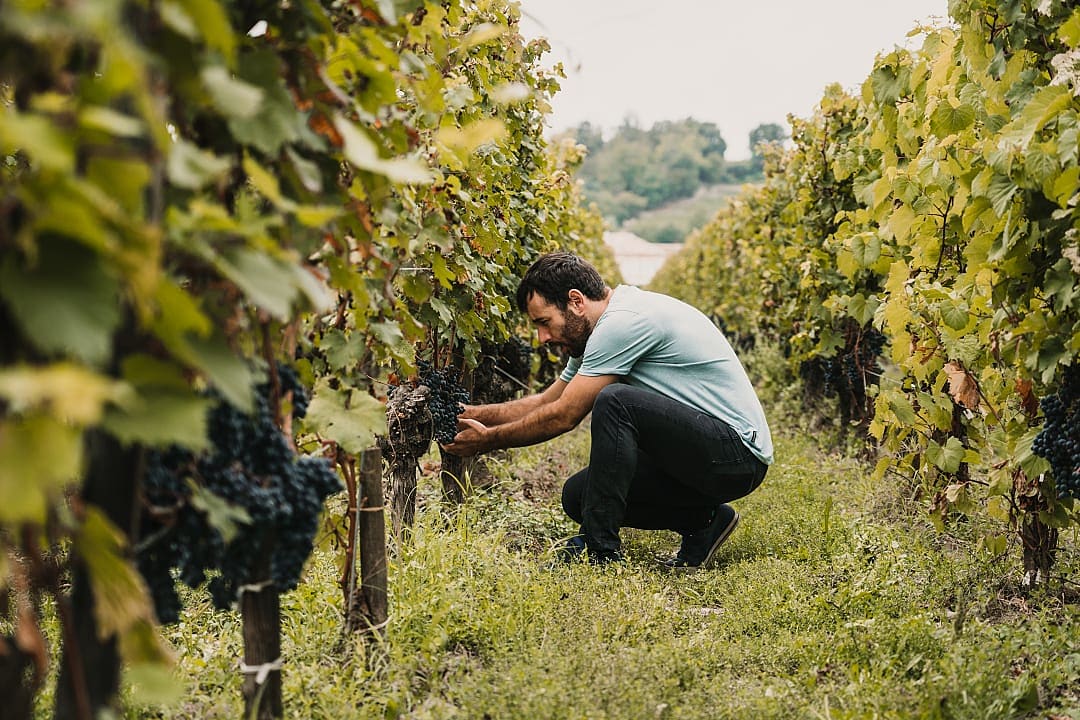Research from psychologists Thomas Gilovich, Amit Kumar, and Lily Jampol provides strong evidence that investing in experiences such as travel leads to greater and more enduring happiness than investing in material goods. Their work identifies several reasons for this:
- Experiences are more likely to be shared with others, enhancing social connection
- They become a more significant part of our personal identity, shaping who we are
- They are less prone to the negative social comparisons that can devalue material possessions over time
This fundamental principle explains why a transformative journey leaves a more profound and lasting positive mark on our well-being than a material purchase.
Why Exclusivity Elevates Self-Perception
Exclusive travel experiences like a private dinner beneath the stars on a beach in Bali or a helicopter ride over Iceland’s glittering glacial regions provide a powerful psychological uplift. When you access luxury travel experiences such as these, it fosters a sense of distinction and personal achievement. This is deeply tied to self-esteem, as participating in rare, high-end activities signals you are worthy of exceptional treatment and unexpected opportunities.
“Every person is worthy and deserves exceptional treatment,” say Santa Barbara-based psychologists Drs. Merushka and William Lacey-Bisetty. ”It can feel especially gratifying to treat ourselves to rare and luxurious experiences when we are excelling in our professional lives because of the effort we put forth at work. We might even find our self-esteem and motivation to work tend to increase once we return from an exotic trip, as we are eager to continue to have these experiences.”
An Experience in Detail
This review from Zicasso travelers Robert and Terese underlines the doctors’ sentiment regarding gratification.
“We toured the Vatican before it opened to the public, which was amazing! We did not have to fight the crowds and were able to see and enjoy all of the sights,” they said.
By entering before the daily crush of visitors, the couple was able to connect with the art and history on a personal level. With no crowds to navigate or shout over, the guide could provide a much more intimate and detailed narrative. This facilitates a deeper understanding and a more meaningful connection to the history and significance of a country’s attractions.












